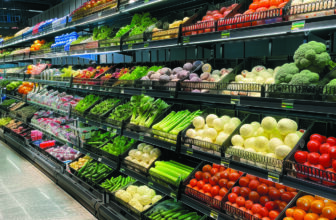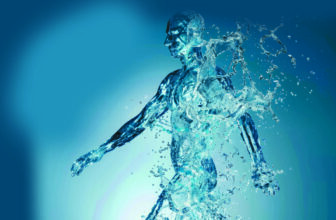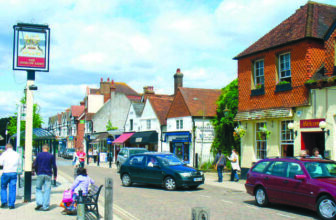
How can essential oils improve your energy?
Energy in, energy out; right? Low on energy? Consume more energy; right?
Yes – if we’re defining thermodynamics. Though, since becoming a father, I have questioned its significance. Take my son: he’s three years old and on the move, doing and being. Our eating routine goes a little something like this:
Most days, he and I eat breakfast; sometimes not.*
Most days he and I eat lunch; sometimes not.*
Most days he and I eat dinner; sometimes not.*
*I must stress: all through choice and not at the same time!
Despite this, his frequency of activity doesn’t change. His rate of recovery doesn’t change (even with Asthma). Of course, I eat more than he does, though I don’t perceive that I (or my body) do as much as he (or his body) does. We go to soft play some weekends, and I enjoy being a kid again: climbing, crawling, swinging and sliding. Then I have to go and sit down. Yet Theo carries on; he’s done exactly the same as I have done. Yes, I’m bigger, so I have to move more mass, though proportionally, he has to move a similar amount of mass, but doesn’t tire as often or as soon as I do. What’s up with that?
“You’re getting old, Arran!”
Yeah, I hear you, and everyone else who reassures me. So, what’s going on here?
Well, more than I have time and space to write about! Though arguably, it might all boil down to my body’s ability to deal with and reduce the persistence and impact of inflammation.
Since becoming metabolically flexible (using both ATP and ketones as sources of energy) and introducing time-restricted eating and fasting into my life, I’ve experienced improved energy and reduced inflammation. How do I know? I have had fewer aches and pains, with unchanged energy levels. Being ketogenic is anti-inflammatory, and not eating gives your body a chance to divert more energy from digesting food to repairing the body.
You have to resolve chronic inflammation. You have to optimise (not perfect) your lifestyle: sleep, community involvement, relaxation, eating, applying yourself (practicing and learning skills) and movement. If you’re not doing these things most of the time, you cannot expect to gain benefits from exogenous sources or modulators of energy (e.g. supplements).
So, you’re not perfect, but you do your best? Welcome to the club!
Once you’ve made larger gains, you start looking for smaller wins. One of these has been the introduction of essential oils, with some great results. As previously indicated, I have used them to improve other aspects of my health and wellbeing, including sleep and relaxation. Perhaps the reduction of stress and associated inflammation in my body means that I have more energy to run, play with my children and contribute to looking after our household?
This is important, because bad things will continue to happen. It’s therefore important that we’re well educated and resourced, with effective and regular healthy routines, that mean we have the energy to deal with stressful events, but also have the energy for our body to recover afterwards. So, what essential oils have I used to provide these small wins, enhance my energy and reduce inflammation?
Citrus and mint essential oils contain monoterpenes, known for energising and uplifting effects. Monoterpenes are known for their anti-inflammatory1 and analgesic2 effects. Further to this, the addition of essential oils of ginger, cardamom, vanilla and cinnamon provide spice and warmth, thanks to antioxidants in phenols3 and esters4. I aim to use these (and coffee) later in the mornings, as ideally, my cortisol and raised ketone levels should make me alert and energetic in the mornings.
Conclusion
I fully expect to have to modulate my habits as time goes by. I aim to keep moving, maintain muscle mass and promote neuroplasticity in my brain. This preventative approach to health means that I reduce my risk of cardiovascular, muscular and brain diseases, namely: heart diseas, muscular dystrophy and dementia. If this means diffusing, applying and/or consuming essential oils appropriately, according to my condition and context, then so be it!
By Arran Holcombe
Read more from the Surrey Health Collective at: www.surreyhealthcollective.org











